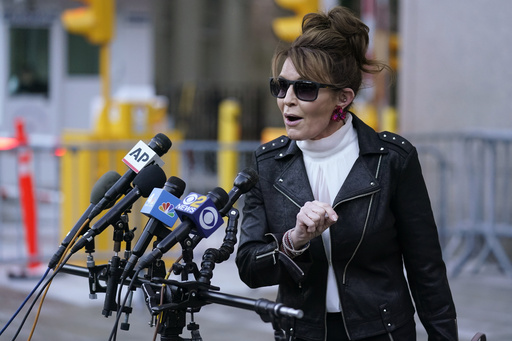A federal appeals court in Manhattan has revived Sarah Palin’s libel lawsuit against The New York Times. The court found errors in a lower court judge’s decision, including dismissing the case while the jury was still deliberating. The 2nd U.S. Circuit Court of Appeals stated that Judge Jed S. Rakoff’s actions interfered with the jury’s work.
The appeals court highlighted the exclusion of evidence, an inaccurate jury instruction, and a wrong response to a jury question as factors that influenced the verdict against Palin. Despite declining Palin’s request to remove Judge Rakoff from the case due to perceived bias, the court stated that Palin had provided no evidence to support her claim.
Palin’s libel case against The New York Times stemmed from a 2017 editorial linking her campaign rhetoric to a mass shooting. While The Times admitted the editorial was inaccurate and corrected the errors promptly, Palin alleged that it harmed her reputation and career.
Following the appeals court’s ruling, Palin’s lawyer, Shane Vogt, mentioned that they were reviewing the opinion. Conversely, Charlie Stadtlander, a spokesperson for The New York Times, expressed disappointment at the decision but asserted their confidence in prevailing during a retrial.
Judge John M. Walker Jr., in authoring the ruling, reversed the jury verdict and Rakoff’s decision to dismiss the lawsuit mid-deliberations. The appeals court criticized Rakoff for making credibility determinations, ignoring relevant evidence that could support Palin’s case, and the issue of juror alerts during deliberations.
The 2nd Circuit emphasized the importance of protecting the jury’s role in the legal system, stating that a verdict reached while jurors are aware of a judge’s ruling may be tainted. Consequently, the court granted Palin a new trial due to trial errors and concerns that Rakoff’s mid-deliberations ruling could have impacted the jury’s decision-making process.


